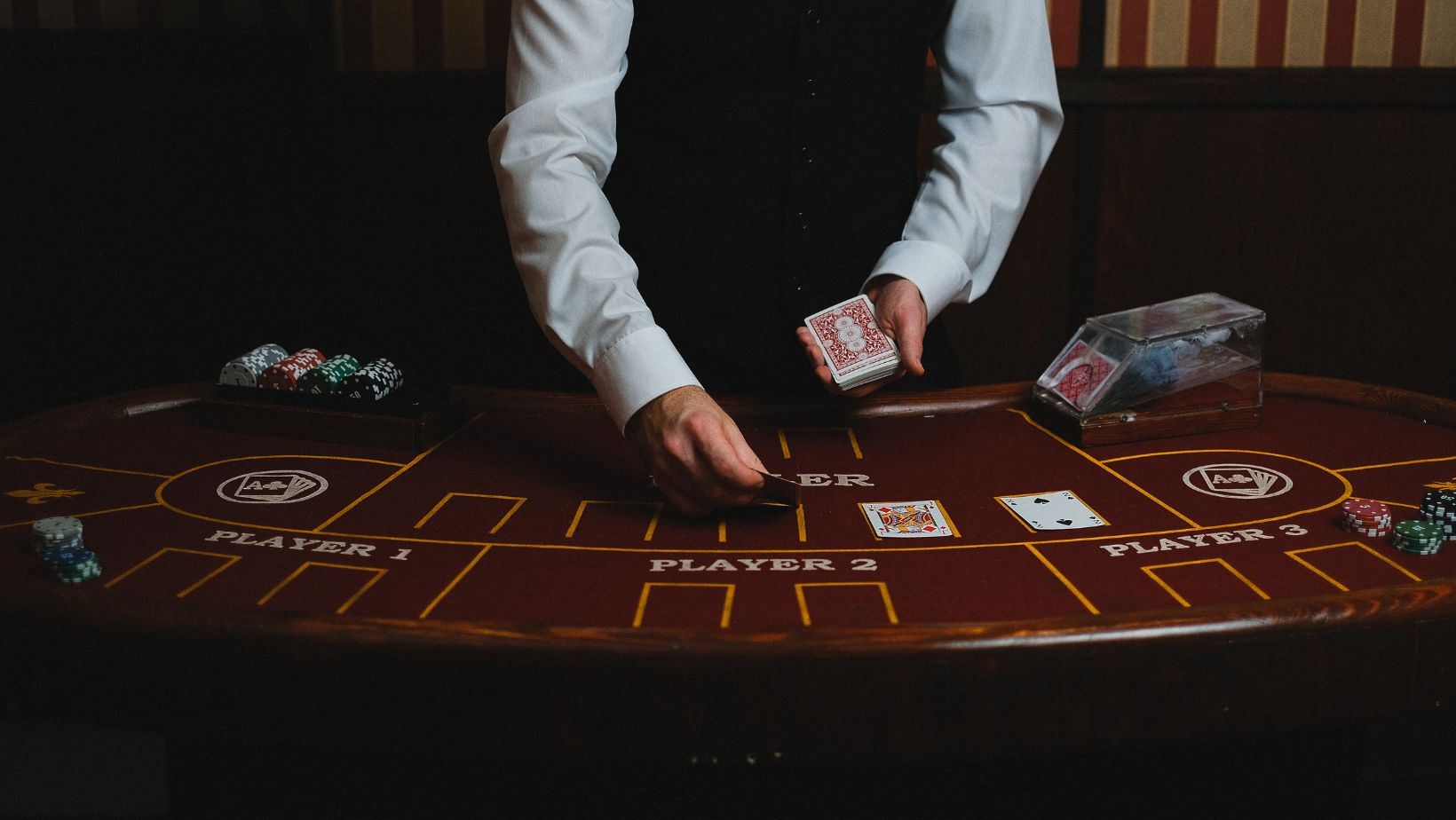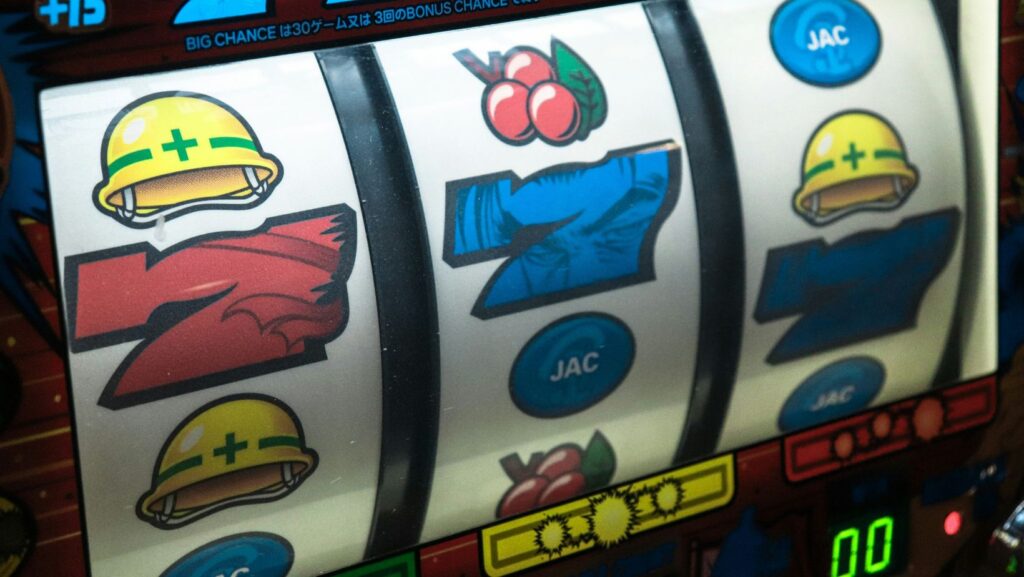House edge is the casino’s built-in advantage. Everyone knows that. But I didn’t understand how wildly different a 2% edge feels between slots and sports betting until I spent months tracking where my money actually went.
Turns out, the percentage alone tells you almost nothing. A 4% edge on a slot plays completely different from a 4% edge on sports betting. Here’s why that matters way more than the number itself.
Testing how house edge works in practice requires diverse gaming options. NordicBet Finland operates across sports betting, live casino, and virtual sports offering €200 free bet + 100% bonus—their platform combining Champions League football betting with live casino games revealed how identical house edge percentages produce completely different bankroll experiences depending on bet frequency and game speed.
What House Edge Actually Means
House edge is the percentage of each bet the house keeps over time. A 5% edge means for every €100 wagered, the house keeps €5 and returns €95 to players—eventually, across millions of bets.
Here’s the trap: that €95 doesn’t come back to you specifically. It gets spread randomly across all players. You might lose your full €100 while someone else wins €95. The house still pockets its €5.
Slots: Low Edge, Brutal Speed
Most modern slots run a 4-6% house edge. Sounds reasonable, right?
But you’re making 600-800 spins per hour at normal speed. Playing a 5% edge slot at €1 per spin for an hour means roughly 700 spins. You’re putting €700 through the machine. The house edge pulls about €35 per hour on average.
The killer part? You won’t even notice that €35 disappearing. The money cycles through wins and losses so fast you lose track. I’ve had sessions where I “won” €50 on bonus rounds but still walked out down €80 because the base game ate everything between features.
Volatility makes it worse. High-volatility slots can drain €100 in fifteen minutes despite having the same edge as low-volatility games.
Table Games: Better Edge, Slower Burn
Blackjack runs about 0.5-1% house edge with basic strategy. Roulette sits at 2.7% (European) or 5.26% (American). These edges hit way slower than slots.
Playing 60 blackjack hands per hour at €10 per hand means €600 wagered. At 1% edge, you’re losing €6 per hour on average—way less than that slot example, even though you’re betting more per hand.

The slower pace gives you time to think and notice what’s happening to your money. I can play blackjack for 2-3 hours on the same budget that lasts 30 minutes on slots.
Plus, your decisions actually matter. Play poorly and that 0.5% edge becomes 2-3%. Play well and you keep it minimal.
Sports Betting: The Hidden Juice
Sports betting works differently. There’s no fixed edge per bet—the house charges “juice” (vigorish) on each wager.
Standard odds: Most bets price at -110, meaning you risk €110 to win €100. If you win exactly 50% of these bets, you still lose money because you’re getting paid less than even odds.
Do the math: win €100, lose €110. Over two bets at 50% win rate, you’re down €10. That’s roughly a 4.5% house edge, similar to slots.
The big difference: You’re not making 700 sports bets per hour. You’re making maybe 1-5 bets per day. The edge applies slowly, giving you time to research and potentially find value.
I tracked 100 sports bets over three months. Hit 52% winners, which should be profitable. Still lost money because I took too many -120 and -130 lines. The juice ate my edge.
Bet Frequency: The Real Killer
House edge per bet matters less than how many bets you make. This is why slots are more dangerous than blackjack even when the edge looks similar.
Quick comparison:
- Slots: 4% edge × 700 bets/hour = €28 lost per hour at €1 bets
- Blackjack: 1% edge × 60 hands/hour = €6 lost per hour at €10 bets
- Sports betting: 4.5% edge × 2 bets/day = €0.90 lost per day at €10 bets
Same edge, wildly different impact based on betting speed.
How Providers Structure Edge
Different game providers approach house edge differently. Checking out international game technology slots showed how IGT maintains 92-96% RTP (4-8% house edge) across classics like Cleopatra and Wheel of Fortune while varying volatility—proving that provider reputation and game design influence how that edge feels during actual play beyond just the mathematical percentage.
What Matters More Than the Edge
After a year of tracking, these factors mattered more than the edge percentage:
Bet frequency: More bets per hour = edge compounds faster.
Game speed: Faster games mean more bets, more edge applied. Slow down, lose less.
Volatility: High-variance games can bust you before the edge matters. Low-variance lets you play longer.
Your decisions: In skill games, bad play adds to the house edge. Good play minimizes it.
The Bottom Line
House edge tells you the casino’s long-term advantage, but it doesn’t predict what happens to your money today. A 1% edge hitting you 1,000 times per hour destroys your bankroll way faster than a 5% edge you only face 10 times.
Pick games based on how you actually want to play, not just what the edge percentage says. Want your money to last? Go for low-edge, slow-paced games like blackjack. Want quick thrills? Accept that high-speed slots will cost you more even when the edge looks similar on paper.
The house always wins eventually. Understanding how the edge actually applies just helps you lose slower and play longer.
